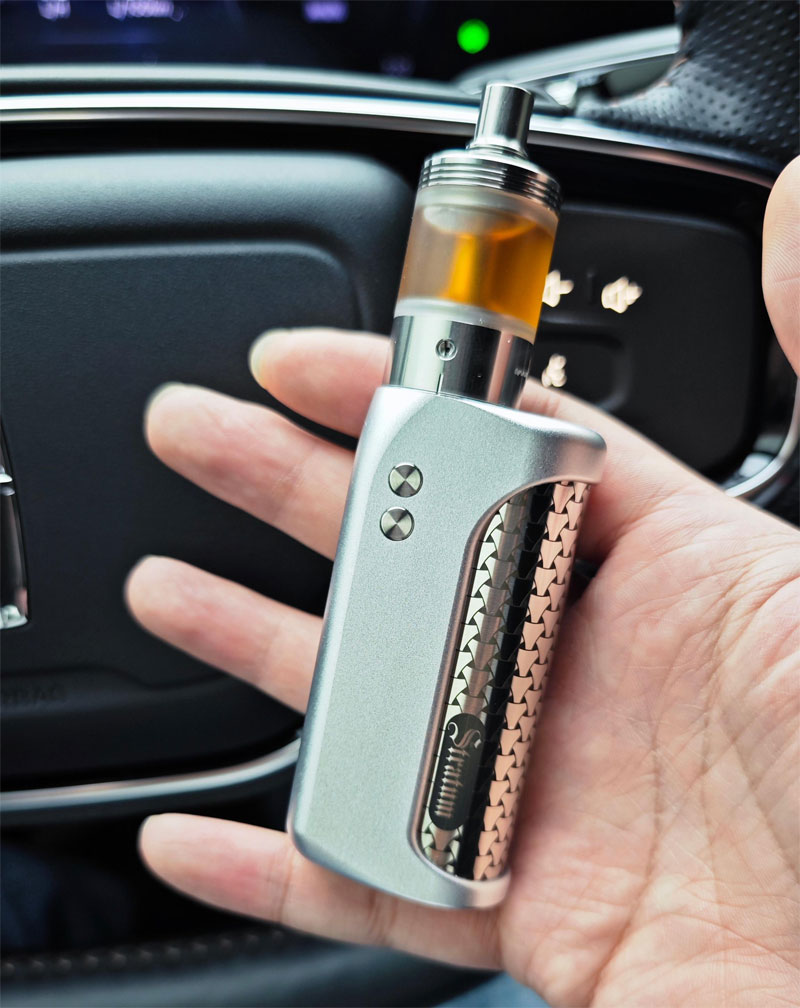
In recent years, Dubai has emerged as a focal point for discussions and implementation of cutting-edge e-cigarette regulations aimed at addressing both public health concerns and the flourishing vape industry. Heading into 2025, it is crucial to understand how these regulations have evolved, impacting users and sellers alike. Dubai’s approach to e-cigarette regulations reflects a broader global trend, balancing the interests of public health and personal choice, while ensuring safe consumption and business practices.
Overview of Dubai E-Cigarette Legislation
The UAE, with Dubai at the forefront, has introduced dynamic policies surrounding e-cigarettes to adapt to the shifting landscape of tobacco alternatives. The primary focus has been on ensuring consumer safety and controlling accessibility to minors. As of 2025, the regulations are anticipated to become even more stringent, with improvements in enforcement and clarity of guidelines.
Comprehensive Regulatory Framework
Dubai’s regulatory framework will likely continue with its rigorous standards that require all e-cigarette products to pass specific health and safety standards. This includes comprehensive labels detailing ingredients and nicotine content. Moreover, the import and sale of e-cigarettes will be more tightly controlled to prevent illegal distribution.
Advertising restrictions are also set to intensify, limiting the ability of companies to market directly to younger demographics. These steps ensure that e-cigarettes are not erroneously portrayed as a trendy lifestyle product, thereby safeguarding public health.
Public Health and Safety Measures

The Dubai government remains committed to public health, with measures focusing on reducing the potential health risks associated with e-cigarette use. Initiatives include campaigns for public awareness about the health risks of vaping juxtaposed with traditional smoking. These efforts aim to educate the population on making informed decisions.
Through partnerships with health agencies, Dubai ensures that residents have access to accurate information and support for those looking to transition away from nicotine dependency.
Impact on Businesses
As 2025 unfolds, businesses face a dual challenge of catering to demand while adhering to strict regulatory standards. This necessitates a strategic approach to product development and marketing, ensuring compliance without compromising on innovation.
Dubai’s regulations mean that manufacturers and retailers must now develop robust strategies to demonstrate compliance, which includes maintaining comprehensive documentation and certifications for all products.
Future Trends in Dubai Vaping Regulations
Moving forward, the UAE intends to further refine its e-cigarette regulatory landscape. Anticipated amendments could include enhanced scrutiny of online sales and cross-border advertising, alongside collaborations with international health organizations to align with global safety standards. This is indicative of Dubai’s proactive stance in ensuring community welfare.
FAQs
Q1: What are the penalties for violating e-cigarette regulations in Dubai?
A: Violations can result in fines, confiscation of products, and potential business closures. The severity depends on the nature of the infraction.
Q2: How can businesses comply with Dubai’s e-cigarette regulations?
A: Businesses need to ensure proper certifications for health and safety, maintain transparent labeling practices, and abide by advertising restrictions designed to protect minors.
Q3: Are tourists allowed to use e-cigarettes in Dubai?
A: Tourists can use e-cigarettes in designated areas, but must adhere to local laws regarding purchase and consumption. This includes restrictions on public vaping.